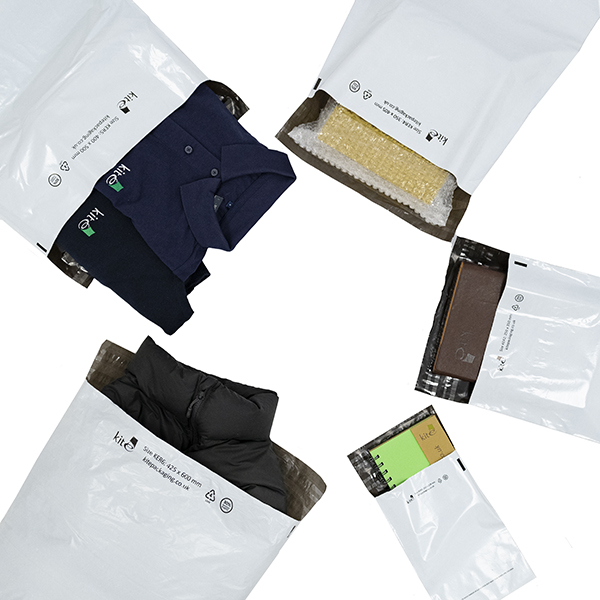A ground-breaking Sustainability Zone will be one of the major highlights at this year’s International Materials Handling Exhibition (IMHX 2022), when the UK logistics industry’s flagship event returns to the NEC, Birmingham, this September.
Brand new for 2022, the IMHX Sustainability Zone will combine physical displays, augmented reality, and virtual reality demonstrations to give visitors a ‘deep dive’ into the many steps that companies operating in the supply chain space can take to make sure they perform as sustainably as possible.
Prominently located within the main IMHX exhibition hall, the Sustainability Zone, which is being delivered in partnership with SEC Storage, will be set across 300 sq m and will allow visitors to take away everything they need to develop an effective sustainability policy or benchmark their existing strategy against examples from some of the most successful companies in the industry.
IMHX 2022 Group Director, Rob Fisher, comments: “In business, sustainability refers to operating without negatively impacting the environment, community or society as a whole. Sustainable firms consider a wide array of factors, such as a company’s carbon footprint, water usage, community development efforts and board diversity when making business decisions.
“Sustainability has emerged as a strategic imperative. Consumers increasingly show a preference for brands and products with authentic sustainability credentials and, as a result, more companies will only deal with businesses that share their sustainability values and don’t treat the issue as another marketing veneer.”
Harry Watts, Managing Director of SEC Storage, says: “Sustainability is the new frontier on which companies must compete and it is going to have a significant impact on every business’s long-term viability. Increasingly we will see that a positive approach to social and environmental issues brings financial reward, so ‘doing good’ will have a direct impact on a company’s ability to ‘do well.’
“It is no longer enough to ‘greenwash’ your company’s environmental performance or treat issues such as diversity and inclusion in the workplace as another ‘box-ticking exercise’. Companies that neglect the important role that sustainability is starting to play across the commercial world will struggle in the same way that many retailers were left behind or went out of business altogether because they failed to recognise how the emergence of internet shopping was going to affect their business model until it was too late.”
The IMHX Sustainability Zone – delivered by SEC Storage – will comprise a number of dedicated areas where visitors can learn about the developments in technology as well as the social issues and operational trends that are shaping today’s sustainable supply chains.
By taking a holistic approach, the zone will provide visitors with an insight into an array of adoptable sustainable initiatives. Interactive augmented reality features will complement physical displays, while virtual reality will be used to allow visitors to ‘travel through a portal’ and bring different sustainable solutions to life.
Watts continues: “At SEC, we’re extremely excited about delivering an experience for visitors that will showcase Industry 4.0 technological, operational and market trends, through cutting-edge, immersive technologies. Visitors will be able to step into a world that will highlight not only how fascinating the logistics industry is right now, but will also show how much potential there is in their own operations.”
Fisher adds: “Our Sustainability Zone is certainly going to have the ‘wow factor.’ It is one of many new features planned for IMHX 2022 which will ensure that every aspect of the event is relevant for the challenges and opportunities presenting themselves to companies in the logistics and supply chain sectors today.”











